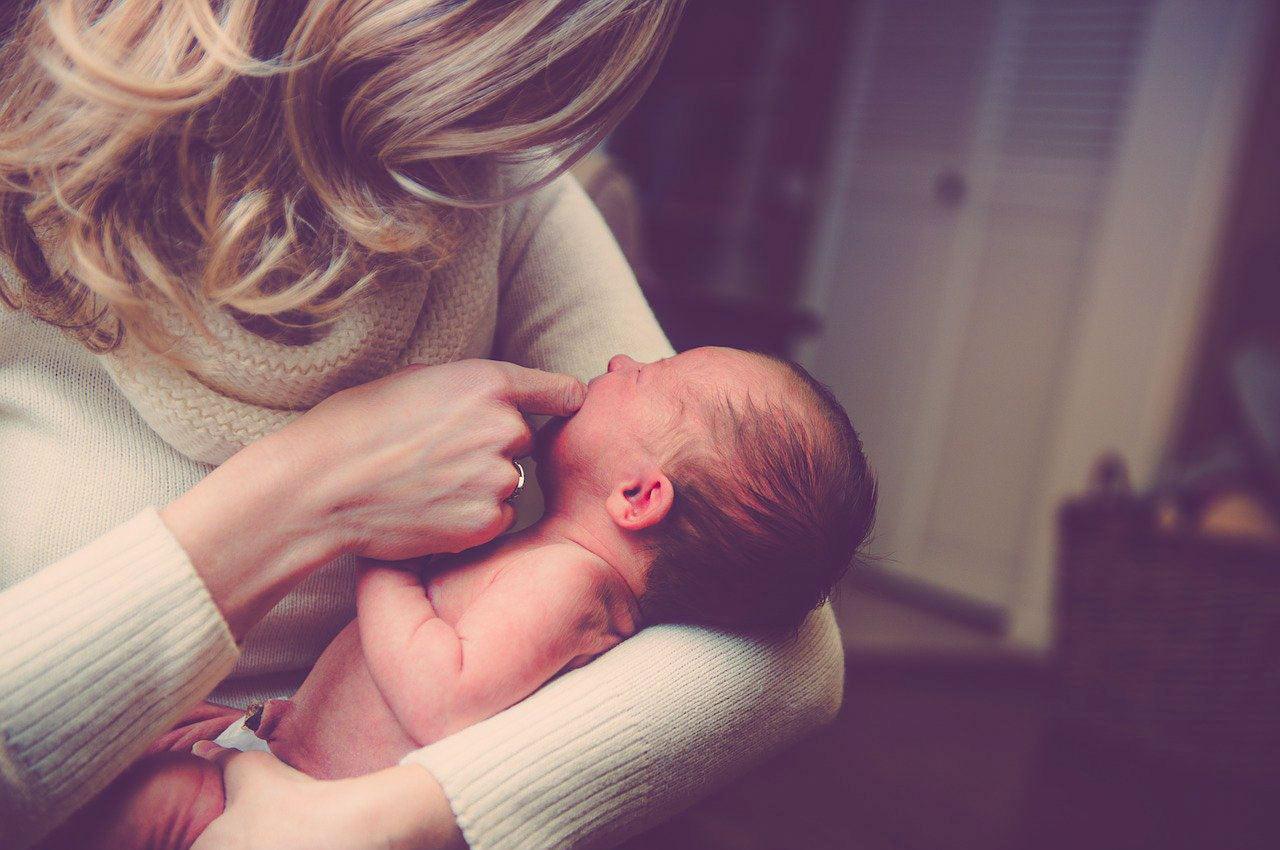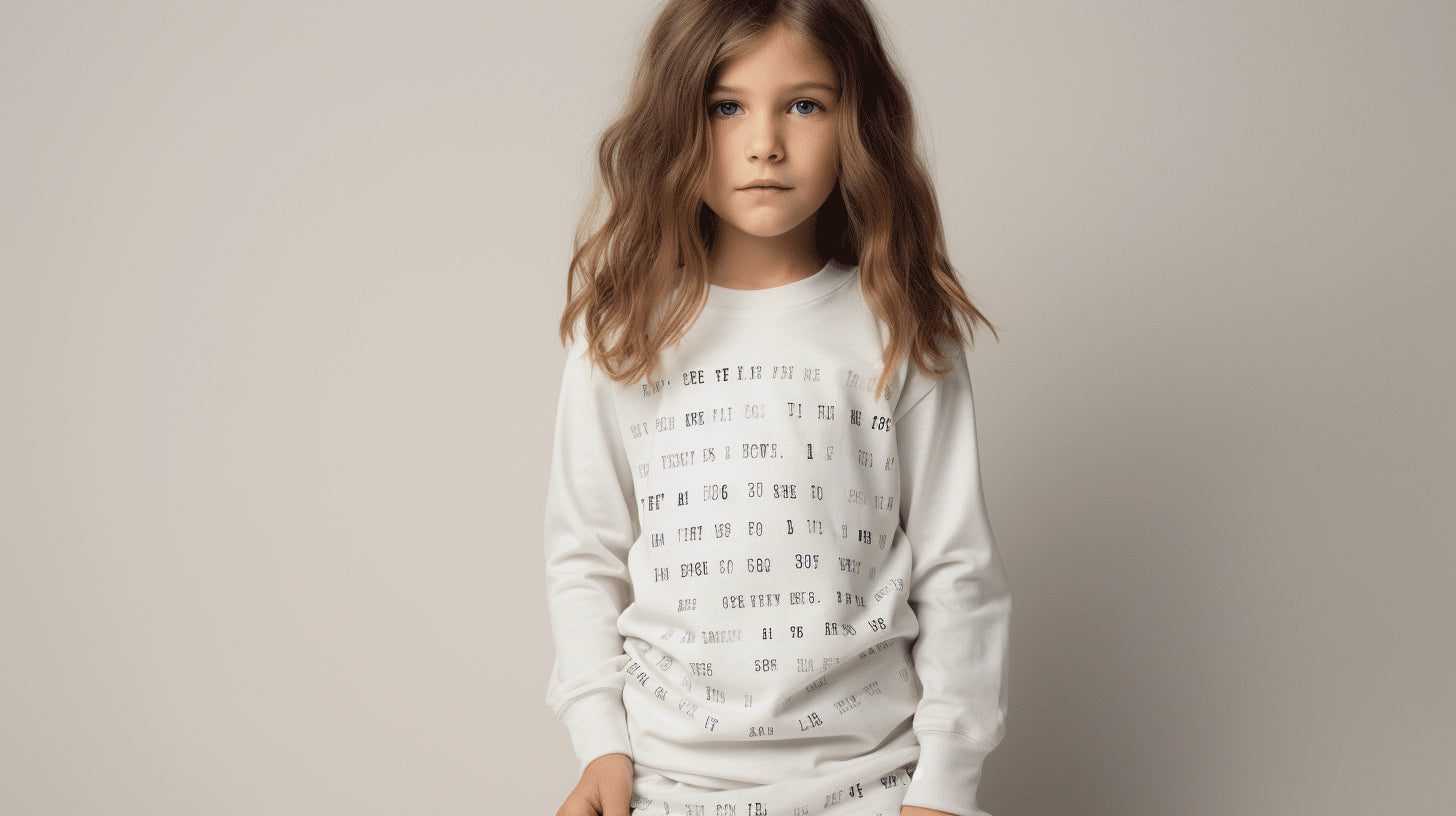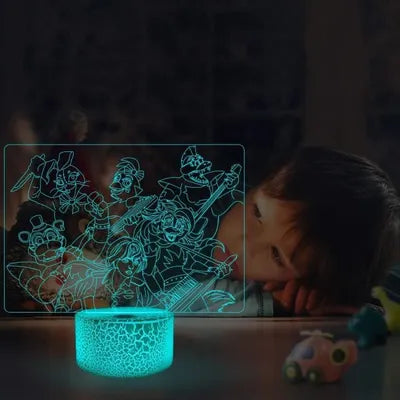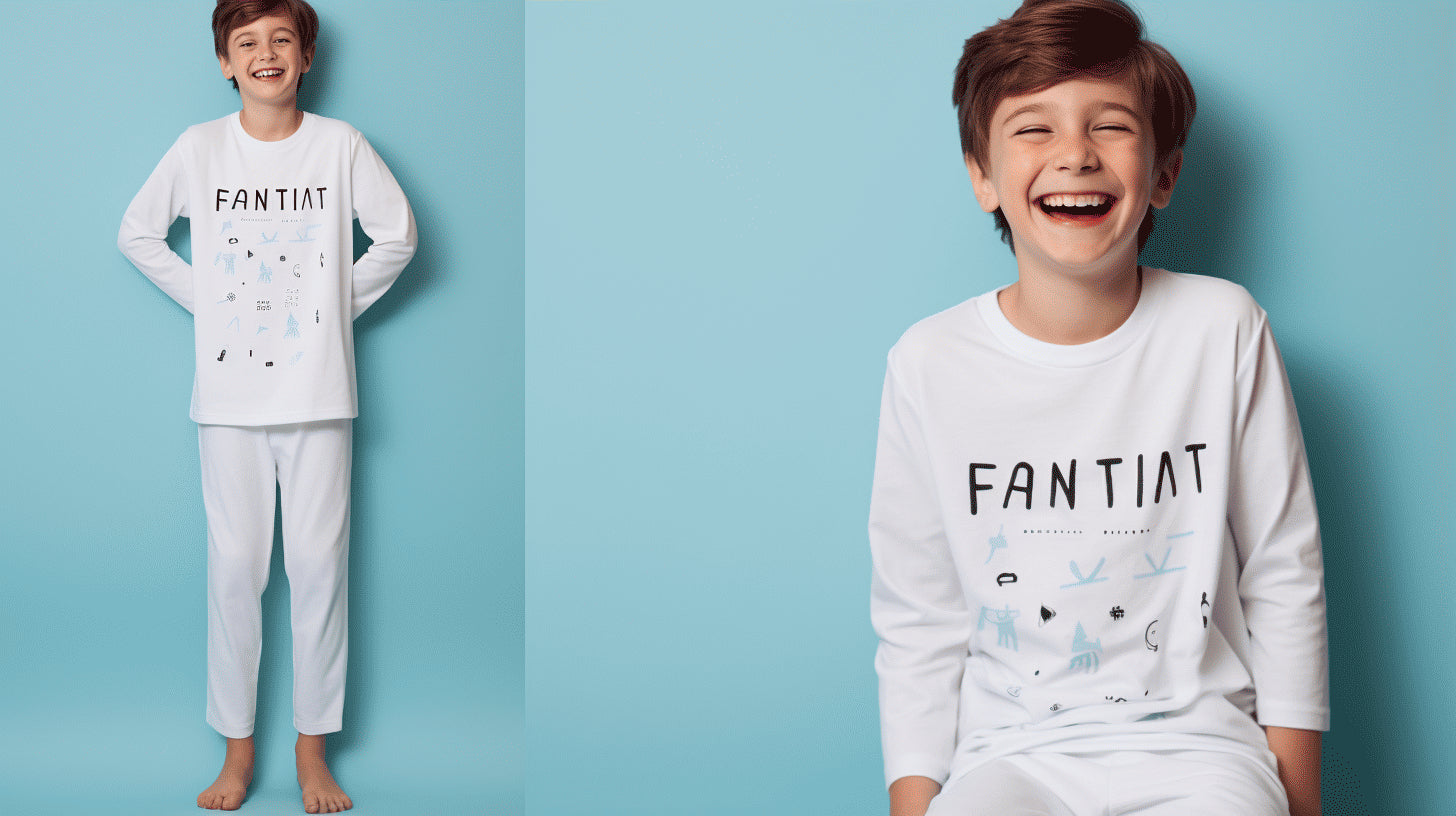The first few weeks with my daughter were filled with difficult days and nights. She fed every 90 minutes, cried for hours at night, and resisted sleep most of the time.
But I'll never forget the first time I saw the love beaming on my baby's face . I was on the phone with a colleague, pacing around the room while my three-month-old baby slept in her crib. When my co-worker asked about my daughter, I remember saying "Oh, she's sleeping" looking in her direction. But her little eyes were open and watching me, following my movements. Surprised that she didn't make a sound, I approached and her eyes shone even brighter. My heart melted. She just lay there contentedly following my voice until I hung up the phone.
Then we cuddled for an hour. I really felt like she was telling me she loved me and that's when you tell yourself that the hard times are worth it.
Recognizing love isn't as easy as tracking your baby's developmental milestones, like the first laugh or rolling over, but it is possible. Here's how, according to experts, you can identify your baby's expressions of love .
1. Your baby follows your voice
Infants begin to reciprocate by turning to the voices they know (and love) the most. From the 16th week in utero, babies listen to their mother, father, siblings, and anyone else their mother associates with, even the family dog. That's why it's important for parents to start bonding by talking with the baby in utero and reading to him. By the time babies are born, they are ready to turn to the voices they recognize. They cannot speak, but they communicate by looking at us. They can squirm and move their head from side to side.
2. Your infant looks you in the face
It is well known that babies are able to look for faces. A recent study showed that babies can process faces as well as an adult from the age of four months. But it's the faces of the primary caregivers they most want to study. They do it to find out if they can trust you. The baby sends signals that indicate that he wants to attach, he wants comfort and he wants an emotional response in return. When you reciprocate and look at him with affection, it creates a loving bond between you and your baby . When you look him in the eye, it helps him trust you and want to develop his relationship with you.
If the parents or caregivers do not reciprocate and look at the baby without returning any emotion, the baby will not feel confident and believe that his needs will be met. Even if he's well nourished, it's not just the food he needs, it's also the emotional connection.
3. Baby cuddles up to you
Learning to recognize your specific scent starts at birth, when babies sort out who their food source is. But the basic instinct is not the only one at play: babies seek to develop emotional bonds from the first minute. The heartbeats and unique movements of the mother are already imprinted on the baby's brain at birth, giving him an extra feeling of security in his arms.
So when your baby visibly relaxes in your arms and settles in for a nice hug, it's their way of saying they know and trust you. The more regularly babies receive warmth, nourishment and comfort from their parents, the more they will respond to their caresses with serenity and will squirm from time to time to get as close as possible.
4. Your baby directs noises towards you
I remember the first time my daughter gave me a "Hey, you!" with a corresponding expression. Although the sound might have been indistinguishable, the meaning was clear: she needed me. These demands for attention are just another way babies are trying to develop their relationship with you. By responding to their cues, you develop a way of conversing that makes the baby feel important and connected , and strengthens their bond with you.
5. Your child is smiling at you
Don't minimize your child's first smile . By smiling back (can you really resist?), your baby quickly learns that when he smiles, mom or dad smiles back. When you respond to a smile as if the baby wants it, you create this expectation for the baby: When I do this, someone responds.
And it's a good thing. So, if the first or second smile may actually be a grimace, it won't take long to be genuine.
As in any relationship, if you want your baby to show you that he loves you, let him know that you love him back. Babies are ready to fall in love, but love is earned. Parents who fall in love with their little babies have babies who fall in love with them.
Do you want your baby to stop waking up during the night?
In this free guide , you'll discover 5 things you absolutely need to know.
With a unique approach and practical tools for success, this guide will help you and your baby sleep better through the night.










